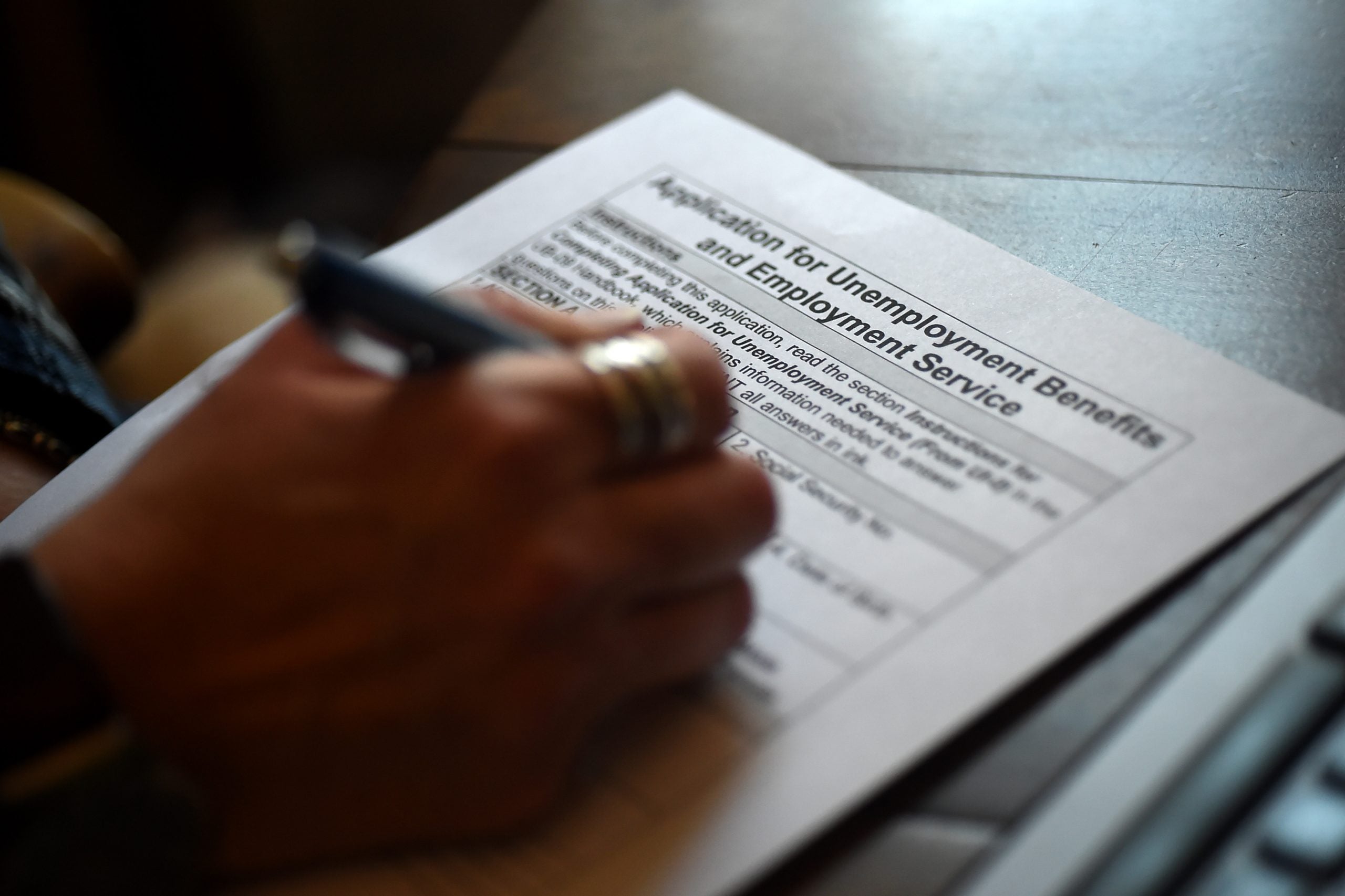
Waiting until after unemployment benefits expired for millions, President Donald Trump finally signed the COVID-19 relief bill. The relief bill extends unemployment benefits for additional 11-weeks and provides an additional $300 weekly payment.
Delays in the bill becoming law will lead to delays in people getting their benefits. It is also a lapse in benefits for small business owners, gig workers, and independent contractors made eligible for unemployment benefits through the Pandemic Unemployment Assistance program.
As the outgoing president delayed signing the bill, over 800,000 people filed new unemployment claims. CNN reported that while claims decreased from the prior week, it was still four times the number from the same period last year.
Almost all states have delays in processing unemployment claims. Stateline reported that claims backlogs resulted in all but three states falling behind federal timeliness guidelines. While there is no penalty for failing to meet timeliness, the Department of Labor requires states to make benefits payments to at least 87% of applicants within three weeks.
Stateline pointed to a report by the National Employment Law Project discussing the need for states to modernize unemployment insurance systems. The report shared anecdotes from officials in various states, from Pennsylvania’s decades old computers to failures with a newer system implemented in Florida.
As of the end of November, the United States average was 66.6% of first payments were timely. Forty-five states and territories failed to meet the timeliness standard. The economic struggle brought on by the pandemic has caused already stressed state systems to fail.
Recently, the Georgia House Democratic Caucus held a hearing to give displaced workers space to share their experiences. Service providers and attorneys also testified to provide context for the state of those seeking unemployment in the state. Nancy Flake Johnson, president and CEO of the Urban League of Greater Atlanta, testified that most of the families they assist had issues with receiving unemployment payments in a timely manner.
“First and foremost, over 4.1 million Georgians have filed for unemployment benefits since the pandemic hit,” said Johnson. “That has affected Latinx and Black Georgians disproportionately.” Citing a report from the Georgia Budget & Policy Institute, Johnson explained that Black Georgians filed 71% more unemployment claims than all other groups combined.
Persisting disparities in employment and unemployment has broader implications for the vitality of Black communities across the state. Several of the representatives present for the hearing lamented the failure of the labor commissioner to address the persisting delays experienced by workers across the state.
“The Department of Labor needs to decide what they need to get this done, and get it done,” said State Rep. Donna McLeod. “When we first started this, they said it was not a money issue…They have to resource it.”